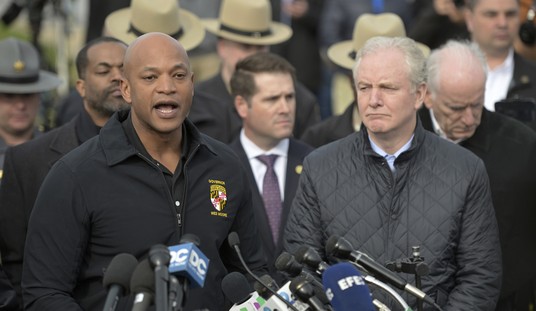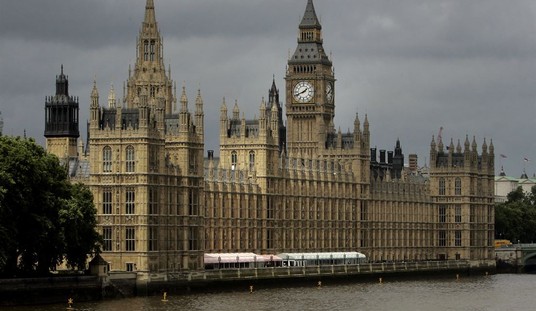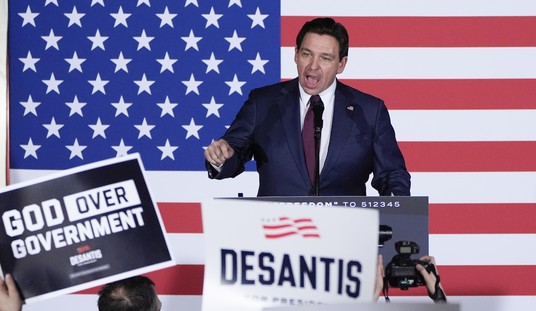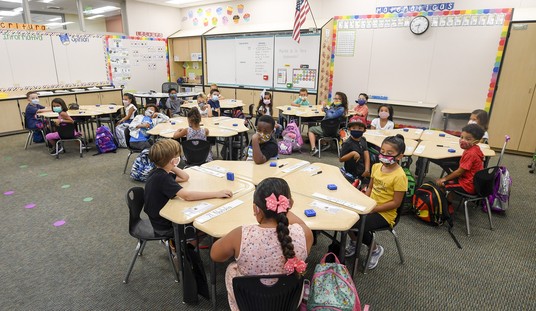In a sign that the GOP candidates could definitely stand to up their game with young people, a new Pew Research Center study shows that interest in and enjoyment of political news among young people is down significantly from 2008.
Just 20 percent of young people say they have been following news about the campaign closely. Four years ago, 31 percent of that age group reported a close interest. A mere 29 percent say they regularly learn about candidates and campaigns online compared with 42 percent early in the 2008 campaign. They’re utilizing daily newspapers and nightly network news less, too. During the 2008 campaign, 25 percent of millennial voters regularly checked out daily newspapers for campaign news. Today, that number is down to 11 percent. Nightly network news experienced a similar drop in its young audience; 24 percent followed during the 2008 campaign, while just 12 percent follow today.
Young voters are also less likely to enjoy following political news, in general. Just 13 percent of those under 30 say they enjoy following the news a lot, while almost a quarter say they don’t enjoy it at all.
Meanwhile, interest in the 2012 campaign as compared with the 2008 campaign hasn’t declined nearly as much with other age groups; that means the interest gap between older and younger voters has widened. But that doesn’t mean young voters don’t pay more attention to certain news sources than their older siblings and parents. Young voters are more likely to turn to late-night comedians for their news, for example. Just 7 percent of voters 30-49, 9 percent of voters 50-64 and 6 percent of voters 65 and older cite late-night comedians as a news source — but 15 percent of young people do. Same story with Facebook and Twitter: 11 percent of young people say they receive campaign news on Facebook and 4 percent say they receive campaign news on Twitter. The numbers among older voters are minuscule.
Millennial voters pose a dilemma for candidates: They’re unlikely to turn out at the polls, so they’re not worth wasting much campaign time and attention on — but, then again, a little time and attention would go a long way toward engaging young voters’ interest. The good news is, meeting young voters where they are is a cheap proposition for candidates. After all, reaching out on social media and making a few more late-night TV appearances doesn’t cost much. It shouldn’t be hard to frame the issues in a way that resonates with young voters, either: We are, after all, the debt-paying generation.
Just a day ago, a very non-politically-engaged friend of mine about my age was examining his paycheck and commented offhand, “I hate that I have to pay Social Security when I know I’ll never get that money back.” Bingo. Voters under the age of 30 have the largest stake in entitlement reform of all — and entitlement reform is arguably the most important issue facing the nation today. It’s essential to address the debt and deficit and the nation’s general stability. Maybe politicians need to work to create a new base of voters — so they can tackle the tough stuff without fear of non-reelection reprisal.








Join the conversation as a VIP Member